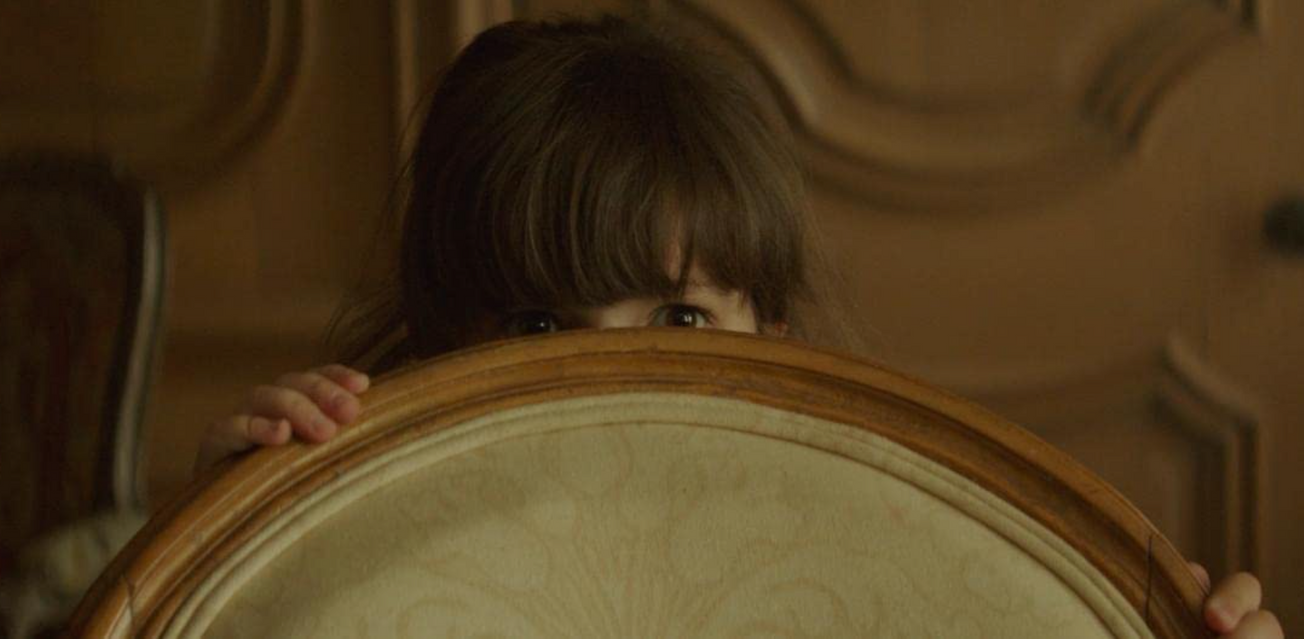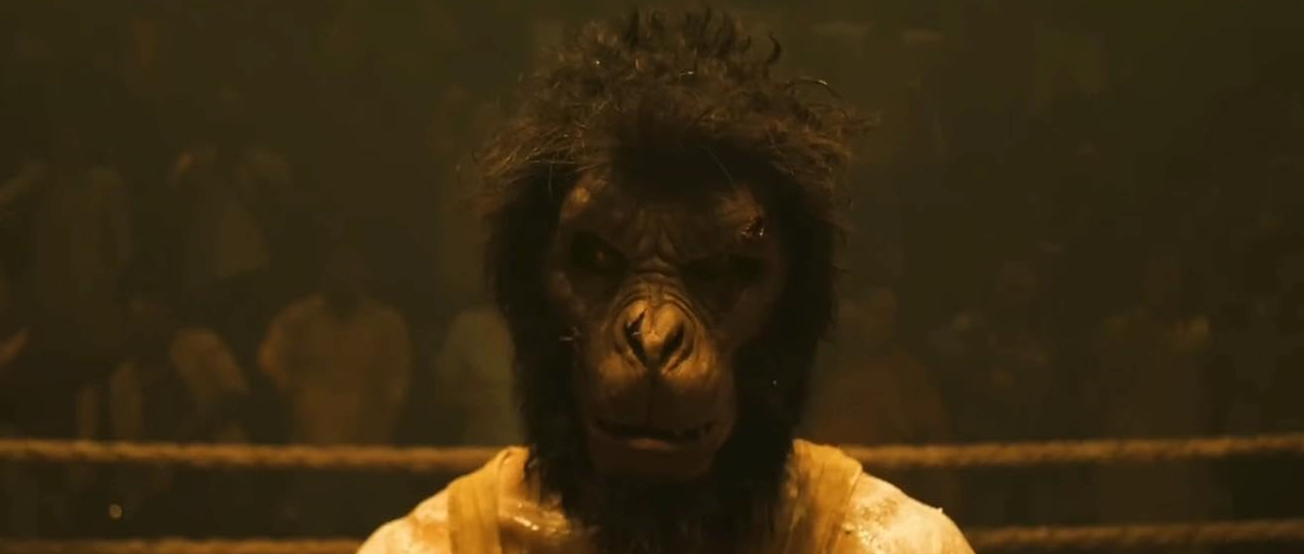By Isha Vibhakar, Film & Television Deputy Editor
With an official selection at over 20 film festivals worldwide, including Oscar, BAFTA and BIFA and winner of Best UK Short 2020 at New Renaissance and Nottingham International Film Festivals as well as Special Mention at UK Jewish Film Festival, Epigram got the wonderful opportunity to interview award-winning British theatre director and now, a screenwriter and director Mark Rosenblatt for the successful short GANEF (2020).
Produced by Dumbfounded Films in association with Met Film Productions, GANEF is a historical drama based on true events which explores the psychological impacts of generational trauma through its ‘focus on a young girl who starts to believe that her family cleaner is a thief’.
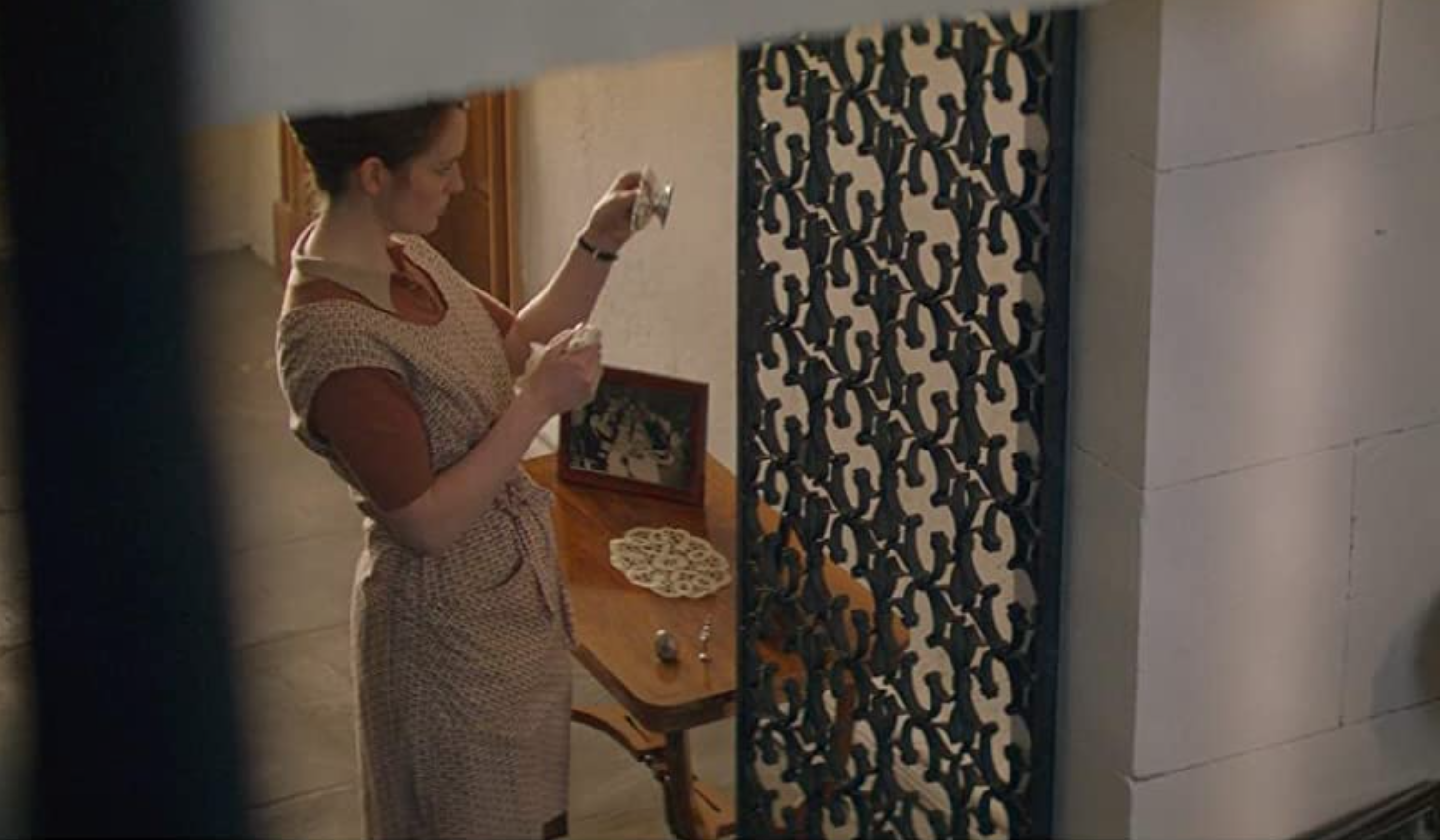
Isha: GANEF explores the idea of generational trauma internalized in the mind and body through Mrs. Hirth’s PTSD and her Holocaust tattoo. What was your inspiration behind this particular character development?
Mark Rosenblatt: I grew up in a family of Holocaust survivors, particularly on my maternal side. My grandmother wasn’t in the concentration camps, but she was born in Frankfurt and hid across Europe during the war when she was about 12 years old. She fled Germany and reached Antwerp but had to leave soon after the Germans got there. She then went to the South of France, crossed the Alpes and ended up living in a convent in Rome pretending to be a Catholic girl until the end of the war. Out of everyone at the convent, only two nuns knew about her Jewish ancestry. Besides her immediate family that survived, a lot of her relatives were murdered. By the time I arrived, people in my family were nearly 40 years into rebuilding their lives.
My grandmother never even got an education because she was in hiding during the war. She always felt low self-esteem and confidence and found it hard to trust people outside her family due to the formative experiences in her early youth like crossing the road to avoid the police officers or hesitating to take a taxi. She felt so much shame that she didn’t even particularly want to tell her stories when they were actually so extraordinary. And then I realized about how much guilt and shame there was about survival and also got the sense, from a very young age, of how lucky I was to be alive and that how quickly the world can turn against communities. It’s just how trauma just carries on playing out and then gets passed in its way to the children and people who internalize the stories they are told.
Basically, it is the sense of instability that I already had while growing up which informed my sense of the world and this film is an attempt to represent fictionally some of those observations and feelings particularly, because we don’t usually see the aftermath of survival very much on screen. We tend to see survival itself but what I’m trying to show in my film is the quiet space afterwards, the smaller domestic details that tell a much bigger story of how trauma is inherited.
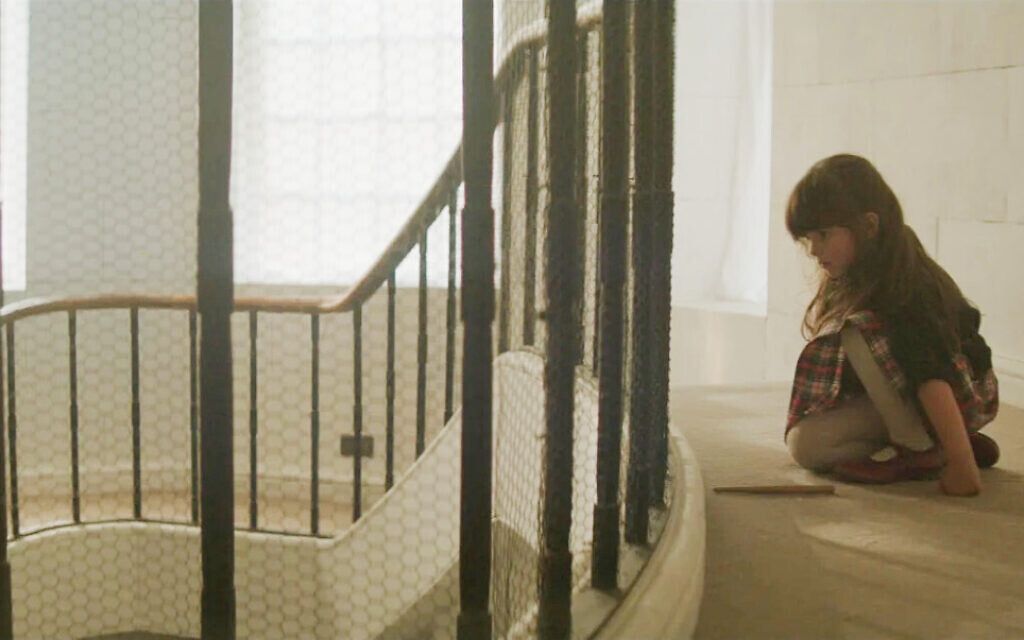
Isha: The film renders a very personal and maternalistic tone to the film which is met by the rather confrontational title GANEF, meaning thief. What was the starting point behind this juxtaposition?
Mark Rosenblatt: With the mother, it is quite chaotic and inconsistent in the sense that she has slight trust issues that she moves towards and then pulls back from like when she realizes how the cleaner is falsely accused and apologises for it. But then, that is how trauma works- You think the way to control your trauma is the way to control your circumstances because violence has caused this woman not to trust and so she is trying to remedy that by taking back control over what people can see and what they can’t see. She is doing her best to protect her child, but her best is a bit confused because traumatized people are often confused about how to deal with their trauma. Her idea of protecting her child from the hostility in the world is slightly distorted because she’s confusing a general idea that people can’t be trusted, with a very specific suspicion that she’s casting on her cleaner.
People often watch the news and think that when a war that is being reported or is finished or the cycle of violence is over that maybe after a few years everyone will be okay again. It’s the kind of nonsense that we feed ourselves because we want to feel better about the world that we live in. But any kind of active violence on another person can last for generations within that family/community and cause ripple effects that are very subtle, and this woman has been through hell and is haunted by it every day.
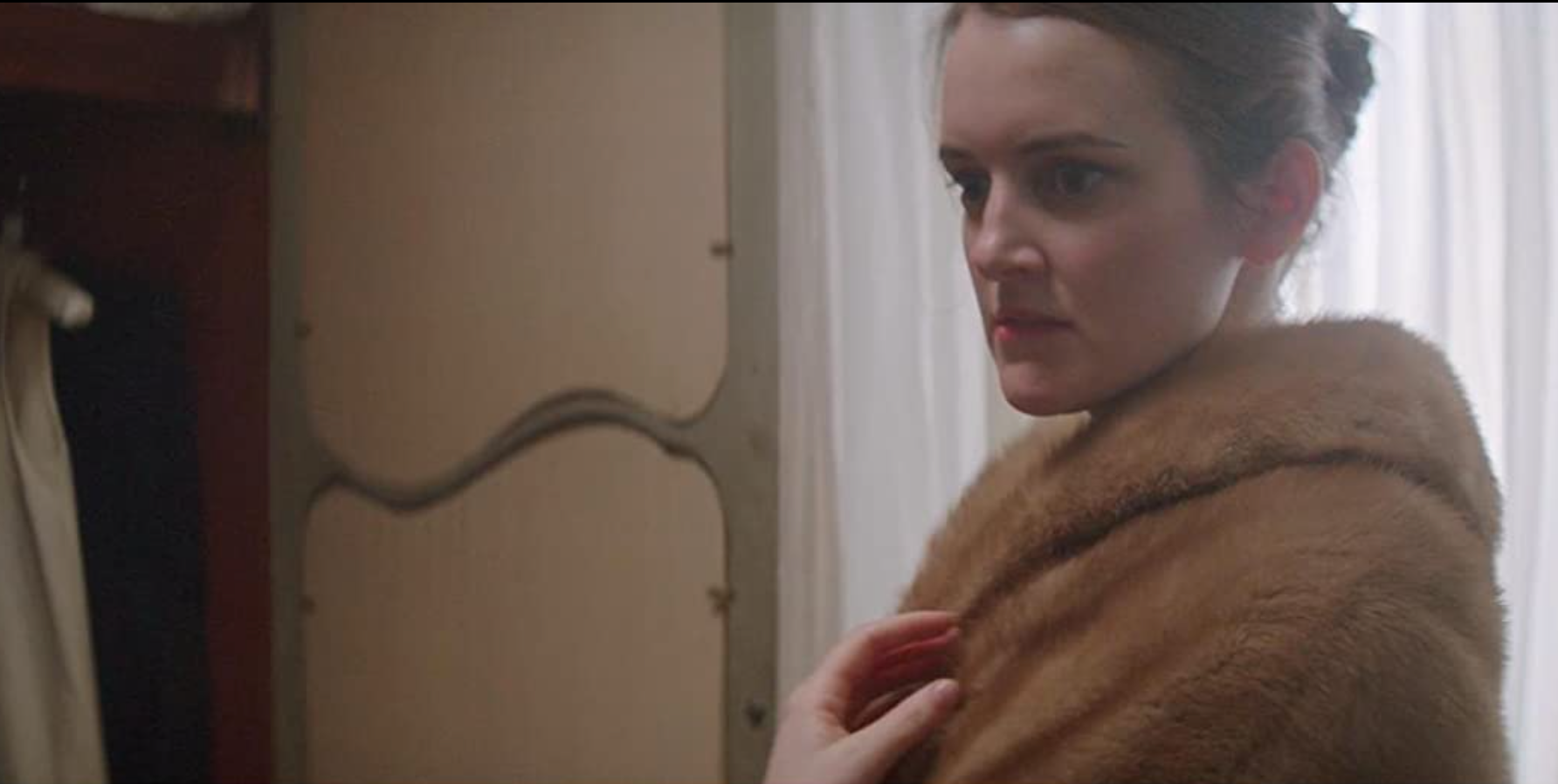
Isha: Izabella Dziewanska who plays the little girl in you film was an absolute delight to watch especially because of the way she expresses and leads the narrative through her eyes. Do you have any specific comments for the brilliant performances delivered by your female-dominated cast?
Mark Rosenblatt: Although we got very lucky to get all actors, it was a blessing we found Izabella because she was really exceptional. She was 5 when we cast her and 6 when we shot the film. And you’re right- when we watched her on the monitor, we looked at each other is disbelief because she played the scenes with so much clarity with thoughts and moments in her eyes, which is a feat for someone so young.
Sophie McShera and Lydia Wilson were the first people I offered the roles and they accepted. I knew Lydia from working in the theatre- she was someone who could deliver very subtle, high-frequency emotional performances where you could sense a lot going on under the surface even though what she was doing was very subtle and also the fact that she’d be able to play a glamorous surface which masked something underneath. With Sophie – I knew the cleaner needed to be someone who was playful and loveable. Although I was worried that she would turn down the role because she has been playing a similar character for so long in Downtown Abbey, she saw it as a very different challenge.
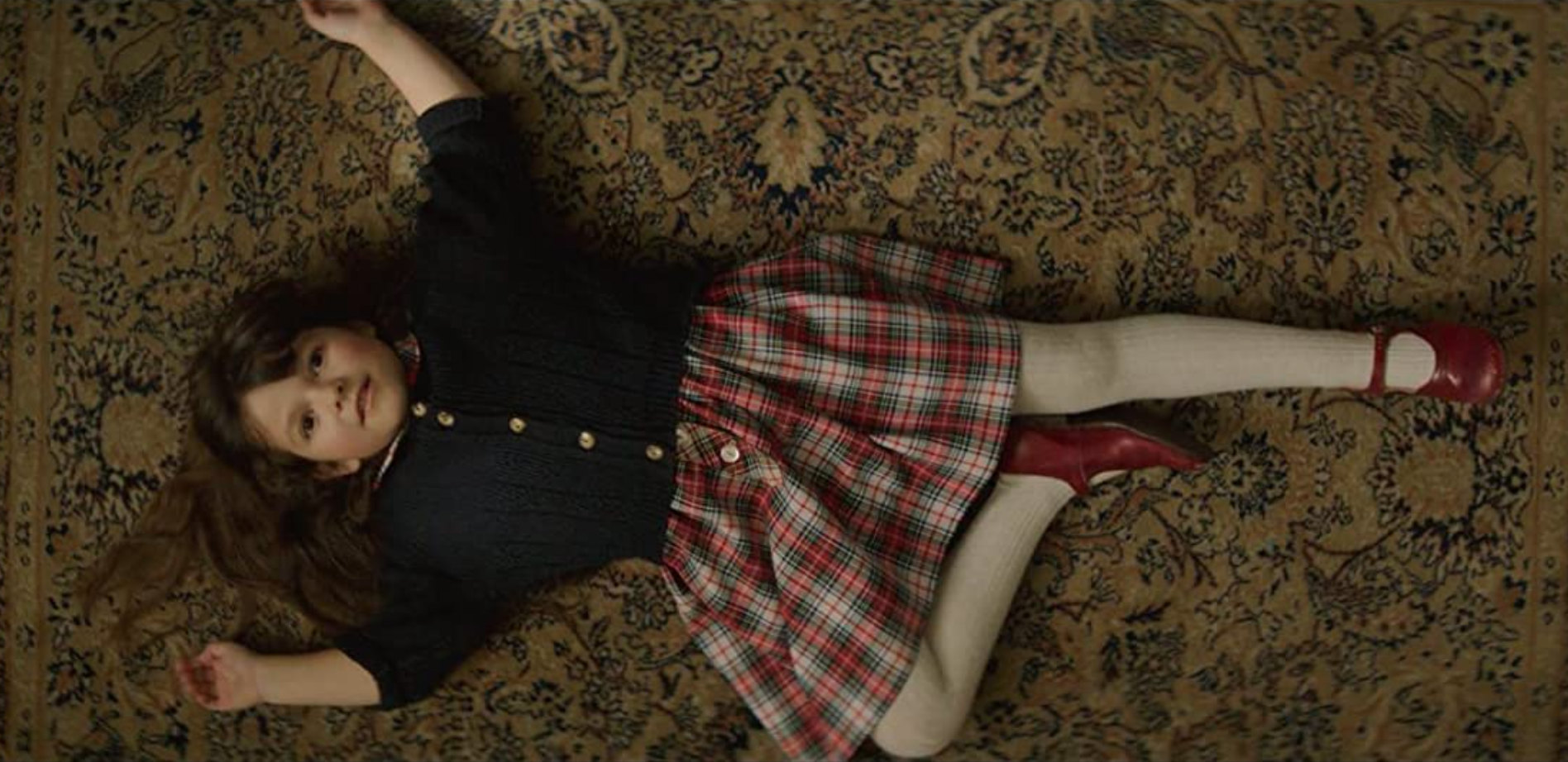
Isha: The short ends with a cliffhanger which echoes the dialogue “People don’t need to see what they don’t need to see”. Would you say that was intentional?
Mark Rosenblatt: I always imagined the film ending as it did- trying to suggest an arc where you begin with a very free, playful, loving relationship and at the end I wanted to show how the little girl and the cleaner can no longer even be in the same space; one is in a dark cupboard and the other is on the other side of the cupboard and can’t reach her. We see how the little girl is constricted by anxiety through her short breath and I wanted to show physically and visually how trauma can work and make you constricted with its effect to make the world feel scary and terrifying and a persecuted place rather than an open and a loving place.
Featured Image: IMDB
You can watch Ganef free online on the short film platform Omeleto.com until mid-December 2021

